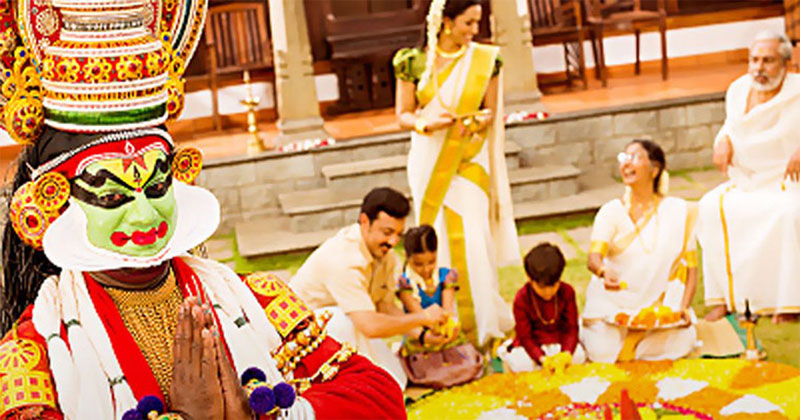
Onam is a major festival of the state of Kerala and celebrated with huge pomp and joy. Also known as the harvest festival of Kerala.
The customs of Onam celebrations vary from region to region as Keralites have their own native traditions in place which they tend to practice.
Onakazhcha:
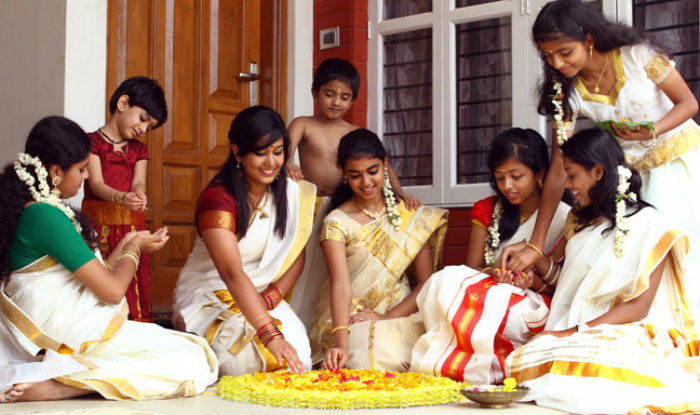
On the ninth day of the ten-day-long festivities, members of the family present fruits earned from their hard work such as veggies and coconut oil to the `Karanavar` or the patriarch/matriarch. This ritual is called `Onakazhcha`. The `Karanavar`, in return, treat them to delightful kitchen preparations on the 10th day of Onam. As the tradition goes, the village artisans present a specimen of their handiwork to the Karanavar of every Nair Tarawad, who in return gifts them with cloth or rice grain.
Maveli Puja:
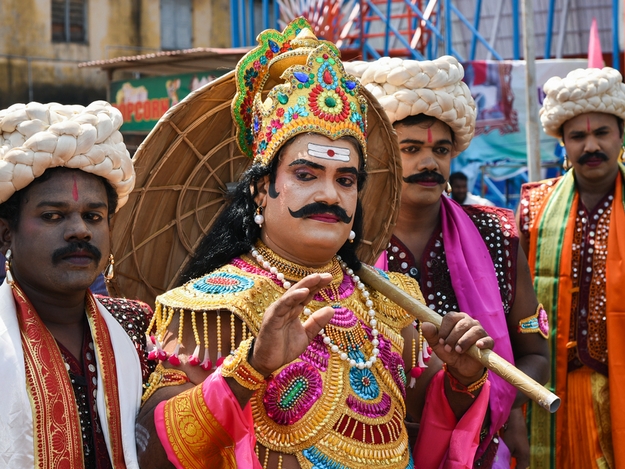
Maveli puja is held in high esteem by the people native to the Malabar (northern) region of Kerala. This puja is performed on the Uthradam (ninth day) and Thiruvonam (tenth day) of Onam.
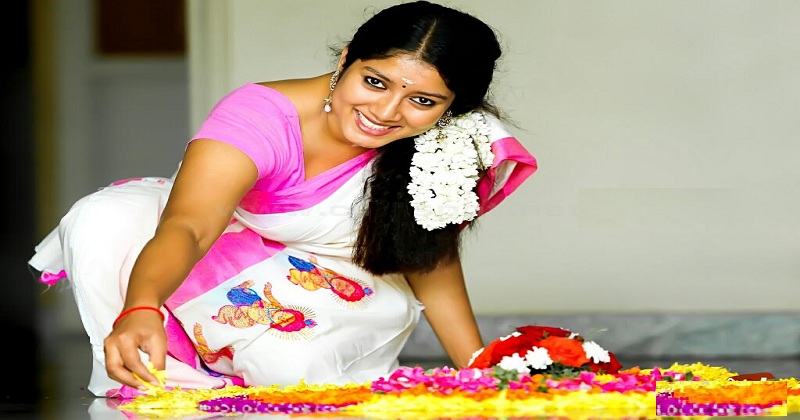
Three small sized figurines of King Mahabali, made of red sand, are erected at the verandah of the house. The puja is performed at the dawn as well at dusk by the eldest family member, or the one who earns income for the home.
Thripunitura Athachamayam:
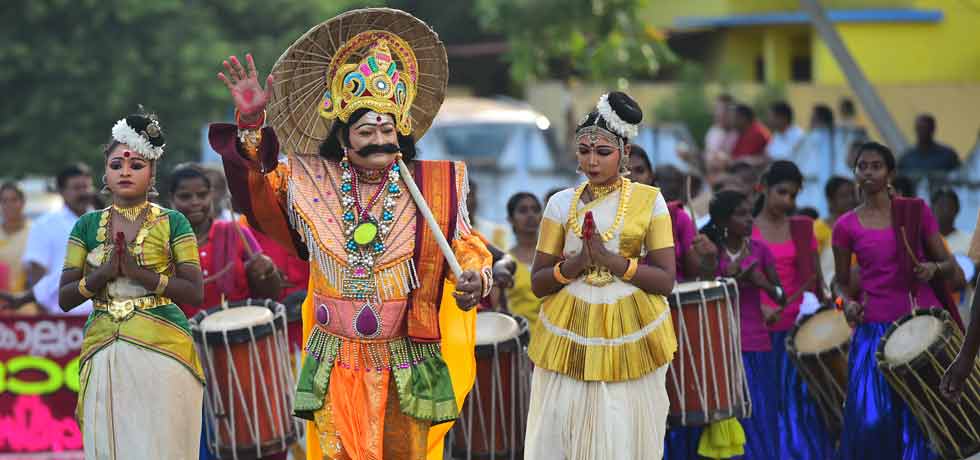
It is a grand old procession held at Thripunithura, in Ernakulam district of Kerala. The procession marks the initiation of Onam celebrations and it is believed that it has been always followed from the time when Maharajas of erstwhile Kochi State traveled to Thripunithura Fort, accompanied by their entire entourage. Bedecked elephants are the highlight of the procession – a symbol of royal grandeur.
Onathallu:
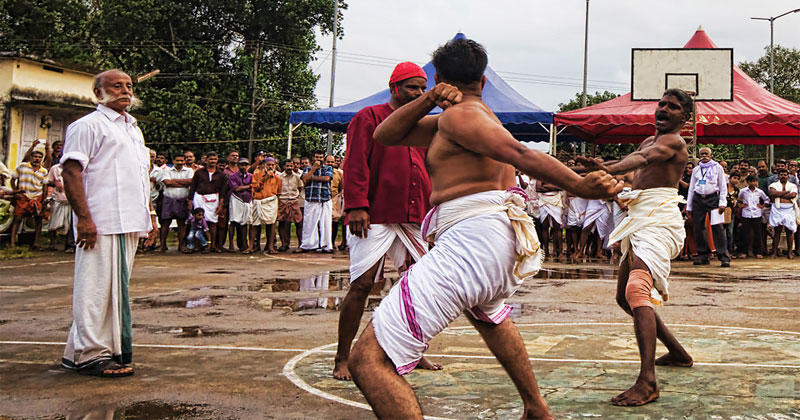
Also called as Kayyankali, Onathallu is a very old ritualistic mock fight performed to mark the arrival of Onam. Onathallu requires the combatants to clad in a mundu (dhoti) or plain white cotton cloth that is worn high, like tight shorts, for a barehanded `fight`. The legs of the combatants are bandaged to save them from injury. This one is not simply a ritual but also a highly popular game form among the men of the family.

Post Your Comments